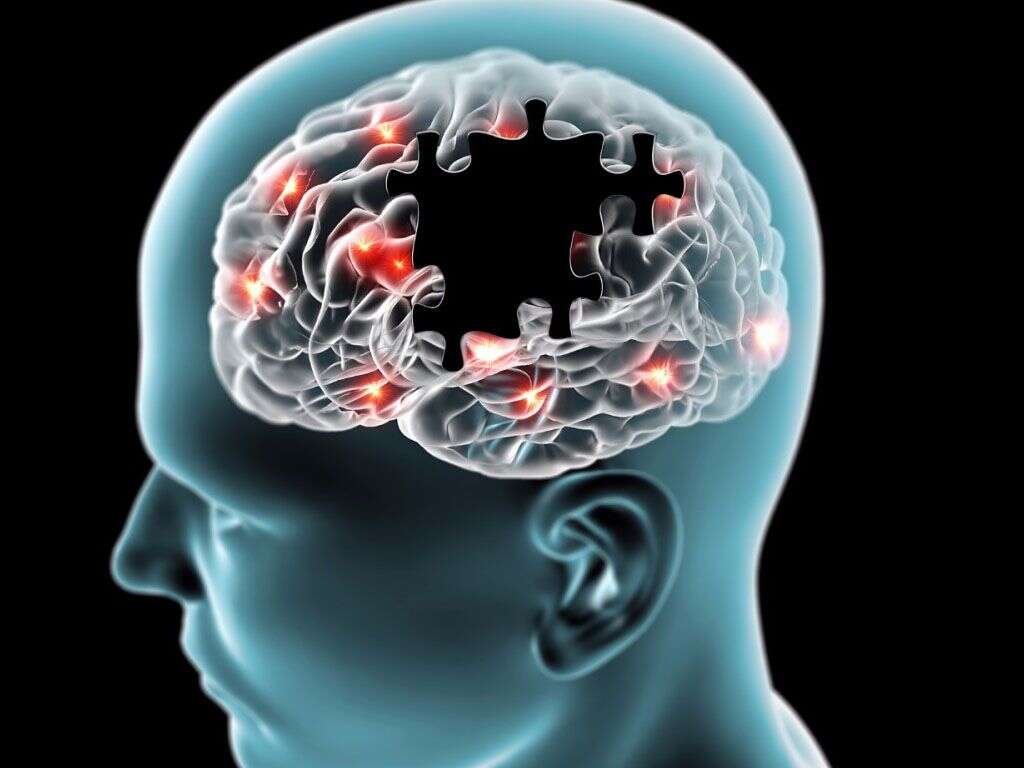What Is Dissociative Fugue?
5. Risk Factors
People with dissociative fugue often have family members who exhibit similar symptoms. This suggests that there may be a genetic predisposition that makes some people more susceptible than others. However, this is still just a theory, and there is no genetic testing that can predict one’s likelihood of developing dissociative fugue.
The condition also tends to occur in people who already have other dissociative disorders. People who have dissociative fugue may also experience concurrent symptoms of other mental health conditions, such as depression or anxiety. However, the cause-and-effect relationship between these different conditions is not always clear-cut.
Advertisement












